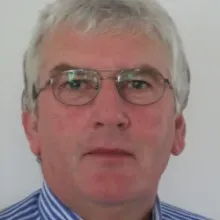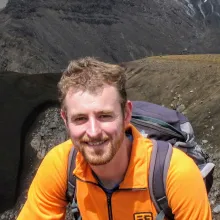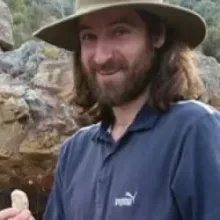Geochemistry
About
The Geochemistry Research Area undertakes diverse, fundamental research to understand the evolution of Earth, its resources, and its life. We have several research groups and laboratories including Argon Geochronology, Biogeochemistry, Experimental Petrology, Sensitive High Resolution Ion Microprobe (SHRIMP), Thermal Ionisation Mass Spectrometry (TIMS) and infrared spectroscopy.
Current major research directions include investigations of the genesis of critical metal deposits such as rare earth elements, niobium and others, and the nature and composition of Earth’s crust, including its earliest crust, hydrosphere, atmosphere and biosphere to understand the early evolution of Earth and its life.






















